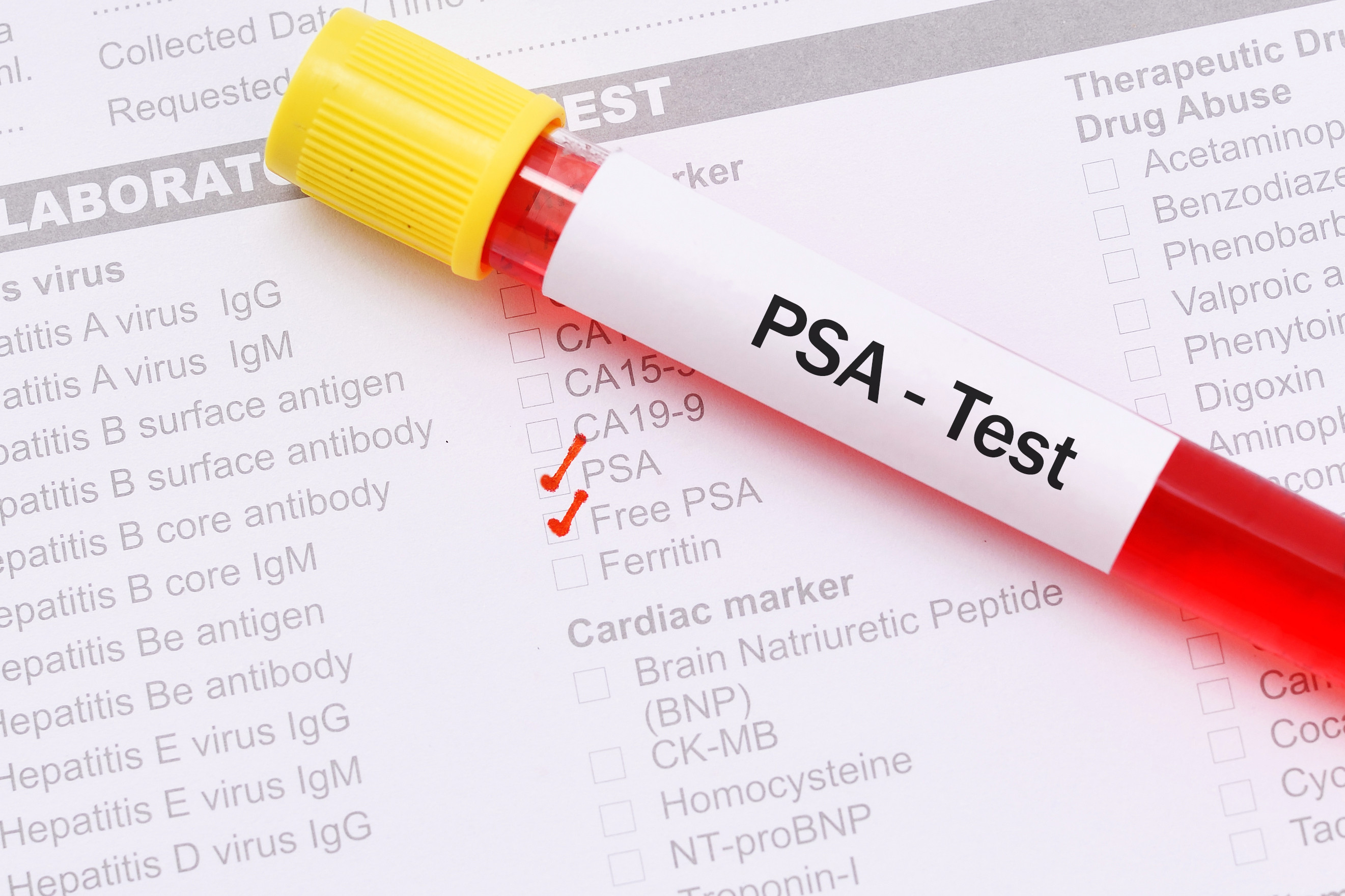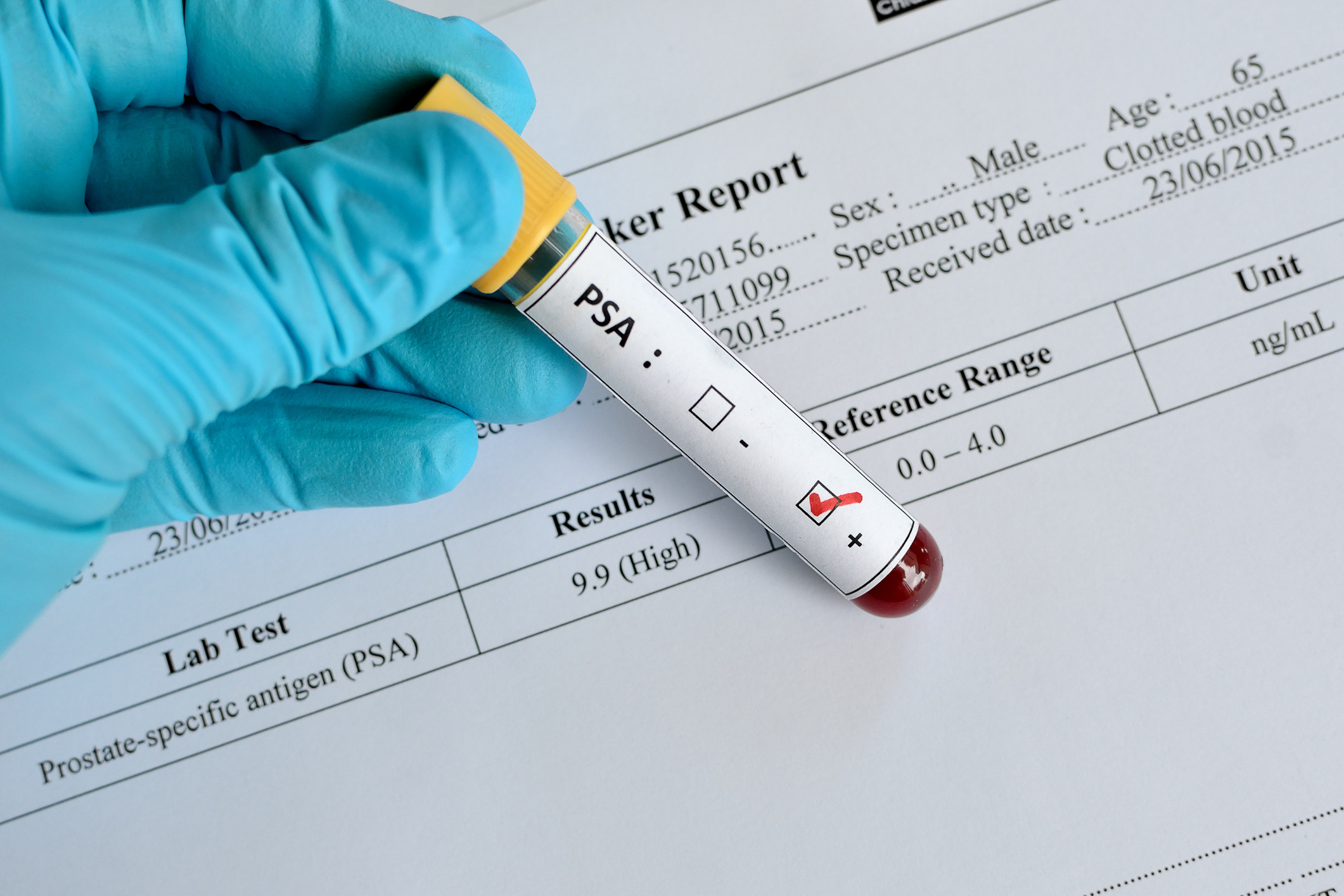
What are somatic workouts?

How to curb your stress eating

How to spot Parkinson’s disease symptoms

8 simple ways to reduce ultra-processed foods in your diet

Heart failure symptoms in women: How they’re different

GERD diet: Foods to avoid to reduce acid reflux

Strong is the new skinny

Everyday habits that sneakily weaken your bones

Don’t wait to get help for back pain

Correcting how you walk may ease osteoarthritis knee pain
Men's Health Archive
Articles
An easier way to set and achieve health goals
A unique strategy for establishing personal goals helps you stay focused and on track for optimum wellness.
Image: © cacaroot/Thinkstock
Staying engaged in life as you age is essential for your health.
"Men have spent a good deal of their earlier life focused on reaching goals, from career advancement to self-improvement," says Susan Flashner-Fineman, the Vitality 360 Wellness Coaching Program coach at Harvard-affiliated Hebrew SeniorLife. "As you get older, you may not recognize the need for accomplishments, yet they are crucial to keeping your mental and physical skills sharp. You want your remaining years to be good ones, so what do you want them to look like? Goal setting can help you get there."
4 things you should know about erectile dysfunction
Erectile dysfunction (ED), once shrouded in secrecy, is now in the spotlight, thanks to high-profile advertisements for drugs like Cialis, Viagra, Levitra, and Stendra. But despite this greater awareness of ED, many men — and women — don't really know much about this condition. Here are four things to know about ED.
- ED is often the result of diseases or conditions that become more common with age. It can also be a side effect of the medications used to treat them. Other possible causes of ED include prostate surgery, stress, relationship problems, and depression.
- Other age-related factors besides disease can also affect a man's ability to have an erection — for example, with age, tissues become less elastic and nerve communication slows. But even these factors don't explain many cases of ED.
- Cardiovascular disease is a common cause of ED. Clogged arteries (atherosclerosis) affect not only the blood vessels of the heart, but those throughout the body as well. In fact, in up to 30% of men who see their doctors about ED, the condition is the first hint that they have cardiovascular disease.
- Intriguing findings from the Massachusetts Male Aging Study suggest there may be a natural ebb and flow to ED — that is, for some men, trouble with erections may occur, last for a significant amount of time, and then partly or fully disappear without treatment.
Regardless of the cause, ED often can be effectively addressed. For some men, simply losing weight and exercising more may help. Others may need medications, and there are other options available as well. Given the variety of therapies available, the possibility of finding the right solution is greater than ever.
Combination hormonal therapy boosts survival in men with aggressive prostate cancer
Charlie Schmidt A standard approach for treating aggressive prostate cancer is to give therapies that block testosterone, a tumor-stimulating hormone. Should initial hormonal therapies fail, doctors can switch to other drugs that suppress testosterone in different ways. One of them, a drug called abiraterone, has been shown to significantly extend lifespans in men who have […]
Influential task force revises its position on PSA screening tests
Charlie Schmidt In 2012, the US Preventive Services Task Force (USPSTF) took the unprecedented step of recommending against prostate cancer screening for all men, regardless of age, race, or family history. Now this influential group of independent experts is reassessing its position based on more recent data. Instead of discouraging screening altogether, the UPSTF is […]
To PSA test or not to PSA test: That is the discussion
The recommended guidelines for whether men should have the prostate cancer screening test have changed in recent years. A man considering the test should talk with his doctor and understand all the pros and cons involved.
For men over 50: You can lower your health risks
What if men approached their health at midlife the same way that financial experts advise them to plan for retirement? Some of the same rules apply: take a close look at where things stand now, and then take steps to protect your future. Midlife is a good time to lower health risks and invest for long-term health benefits.
How? First, acknowledge what you can't control. Then put your energies into changing what you can — for the better.

What are somatic workouts?

How to curb your stress eating

How to spot Parkinson’s disease symptoms

8 simple ways to reduce ultra-processed foods in your diet

Heart failure symptoms in women: How they’re different

GERD diet: Foods to avoid to reduce acid reflux

Strong is the new skinny

Everyday habits that sneakily weaken your bones

Don’t wait to get help for back pain

Correcting how you walk may ease osteoarthritis knee pain
Free Healthbeat Signup
Get the latest in health news delivered to your inbox!
Sign Up







